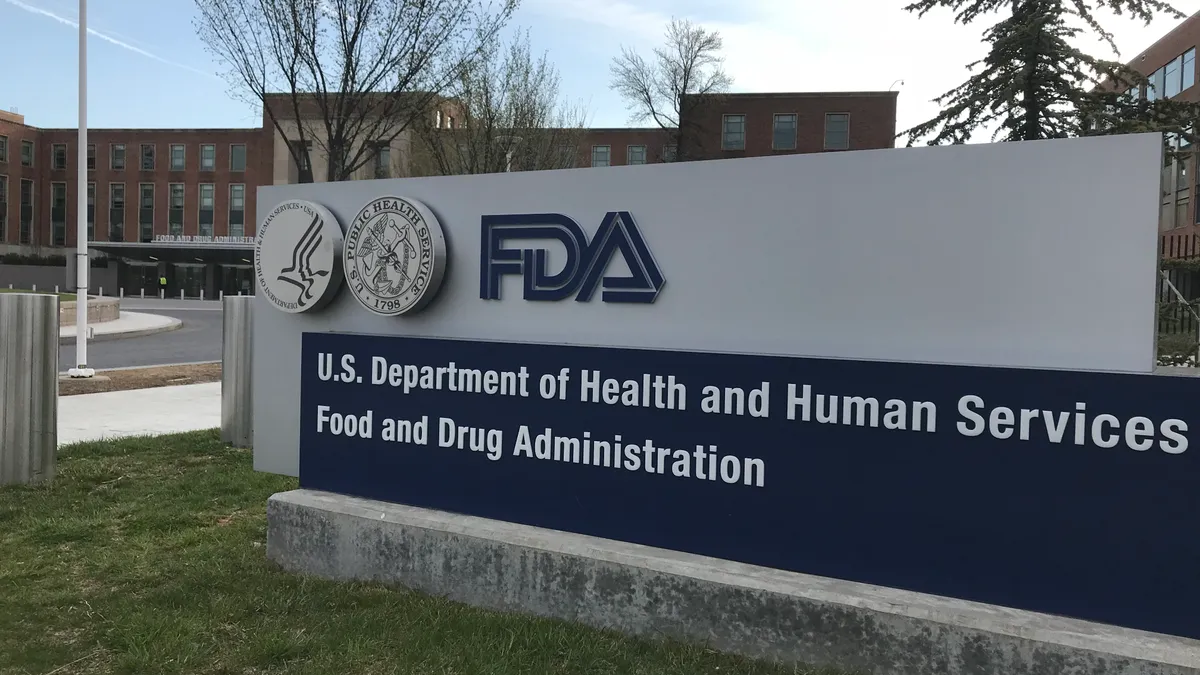Dive Brief:
-
FDA has made minor revisions to its guidance on user fees and refunds for premarket approval applications (PMAs) and device biologics license applications (BLAs).
-
The changes to the October 2017 version of the document center on the incorporation of information on device BLAs that was previously communicated in a now-defunct guidance on the assessment of users fees.
-
Merging the documents means the PMA and BLA guidance should now contain all of the information medical device companies need to determine the fees for their applications.
Dive Insight:
FDA originally issued its PMA and BLA user fee guidance in 2013. Last year, FDA updated the text to incorporate aspects of the Medical Device User Fee Amendments of 2017, the agreement with the industry known as MDUFA IV.
The October 2017 version of the guidance has largely come through the latest round of revisions intact. That means the latest, December 2018 version of the document still details the types of PMAs and BLAs that are subject to device user fees.
FDA’s changes cover the part of the guidance that discusses BLA efficacy supplements. In the 2017 document, this section pointed readers toward a guidance document titled "Assessing User Fees: PMA Supplement Definitions, Modular PMA Fees, BLA and Efficacy Supplement Definitions, Bundling Multiple Devices in a Single Application, and Fees for Combination Products."
Now, FDA has removed the reference to the text on assessing user fees and copied the relevant parts of that document into the December 2018 version of the guidance. The new content details how FDA assesses user fees for efficacy supplements. If, for example, a supplement to a BLA is based solely on equivalence studies, FDA will not consider the submission to contain clinical data when it assesses the user fee.
The new section also covers when FDA wants to see substantive clinical data to support a requested change. Examples of when substantive clinical data is required include significant changes of design or performance. FDA cites the revision of a HIV test kit to include an additional strain as a change that would require substantive supporting clinical data. When such data is needed, FDA treats the change as an efficacy supplement and sets its user fee accordingly.
FDA's incorporation of the device BLA information into the document means all the sections of the old assessing user fee guidance have been superseded and has removed the assessing user fee guidance from its website.










